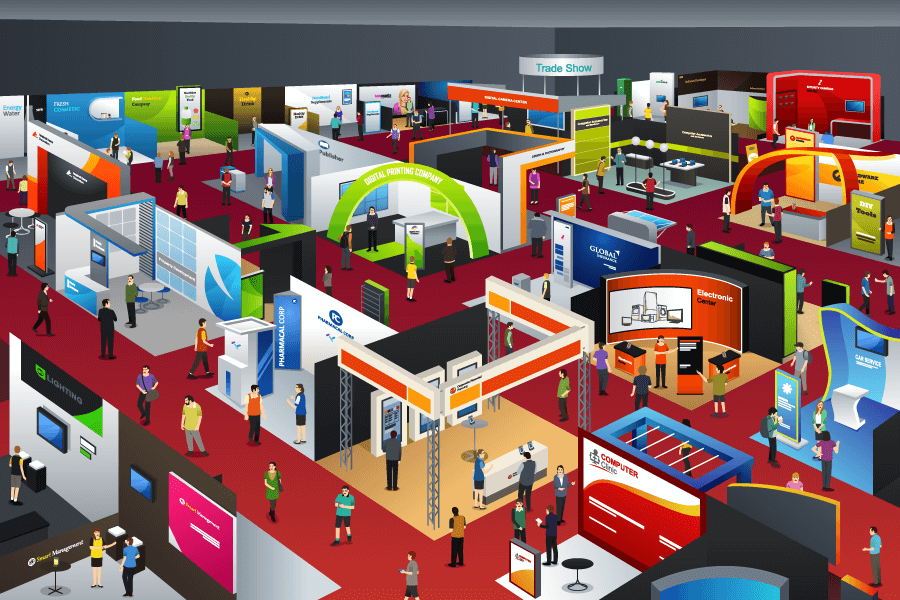- Details
- Hits: 783
The combination of conventions and tourism has allowed the Las Vegas Strip enjoy occupancies over 93% at an average room rate of over $180 per occupied room, with less than 20% comped to high level players. And in the fiscal year ended June 18, 2018, the larger Strip hotel operations earned twice as much as the casino department.
Caesars' dilemma reminds me of Governor Edwin Edwards effort, in 1987, to place land-based casinos in New Orleans hotels, of over 500 rooms. In 1977, as Vice President of Resorts International, I went on loan to our subsidiary company, International Intelligence, to prepare the financial projection for our contract with the Louisiana Government. Governor Edwards and his Secretary of Administration, Charles Roemer were looking at dog racing or casino gaming to carry the debt service of the over budgeted Dome.
My recommendation was that dog racing would interfere with various sporting or entertainment events requiring the main arena, but a casino could be placed in one of the empty quadrants, still with dirt floors. I recommended using the empty Dome space, nearest to the 2,000 room Hyatt, to house the casino and building dining and entertainment venues and connecting the casino to the Hyatt. A bill was introduced but did not receive legislative approval.
During Governor Edwards 3rd term in 1987, he proposed placing casinos in any New Orleans hotel with 500 or more rooms. I took the opportunity to prepare my own proposal for the Governor and hired a Tulane Economics Professor to study the overall economic impacts. I was able to convince the Governor and Mayor Sidney Bartholomew, that one gigantic casino with a 1,500-seat risqué review, and a 6,000-seat theater for superstar performers, but not large enough to compete with Super Dome events, was the best way to go. I had proposed that our 4 gourmet restaurants would be operated by New Orleans restaurateurs, and because New Orleans hotel occupancies were suffering, after the preceding World's Fair I proposed that the casino initially not include hotel rooms.
My proposal was to use the old convention hall as a temporary casino site. The Governor proposed the permanent casino location on the Levy (now home of the New Orleans Aquarium), with the 1,600 room New Orleans Hilton on one side and Jax Brewery and the French Quarter on the other side. There was also a vacant lot on Poydras St., where we could have built a 2,500-car garage. The largest casino in North America would have also included space for small conventions and banquets, plus a buffet and coffee shop.
To improve Resorts International's position to be the operator of the casino, I got the support of the New Orleans Hotel Association, The New Orleans Restaurant Association, The New Orleans Convention Bureau and the French Quarter Business Association.
An Assembly Bill was introduced, at which the Governor, Mayor and I all testified and included my financial projections, that indicated an estimated annual casino win that could reach $600 million annually, with a guaranteed minimum win tax of $100 million. At this time, gaming was only offered in Nevada and Atlantic City. No riverboat casinos were under consideration in Iowa, Illinois, Missouri, Indiana or Louisiana, or dockside casinos in Mississippi.
Charles Romer's son Buddy became Governor in 1988, and in 1991-92, I worked as a consultant to the Delta Queen Steamboat Company, to help the State Police and the Louisiana Legislature pass their riverboat casino bill, and then the gaming rules and regulations. But before the LA Gaming Commission was appointed, Governor Edwards won his 4th term and insisted that the New Orleans land based bill be passed by the legislature before appointing the riverboat Gaming Commissioners.
But unfortunately, hindering the casino’s potential for a successful financial performance was the $100 million minimum tax from the original bill that ignored the 3 to 4 riverboat casinos proposed for greater New Orleans, and of course the much larger dockside casino in neighboring Mississippi.
An expanded New Orleans casino is in the best interest of city tourism and in attracting more and larger conventions and trade shows. And instead of up from fees or new taxes, the city will benefit the most from Caesars investing a larger amount in their overall facility.








